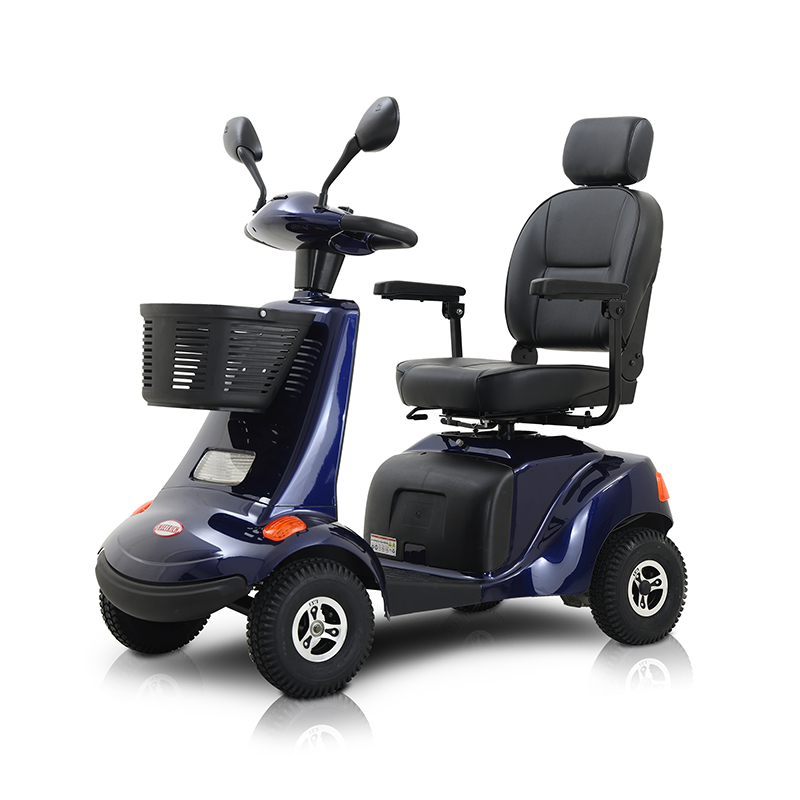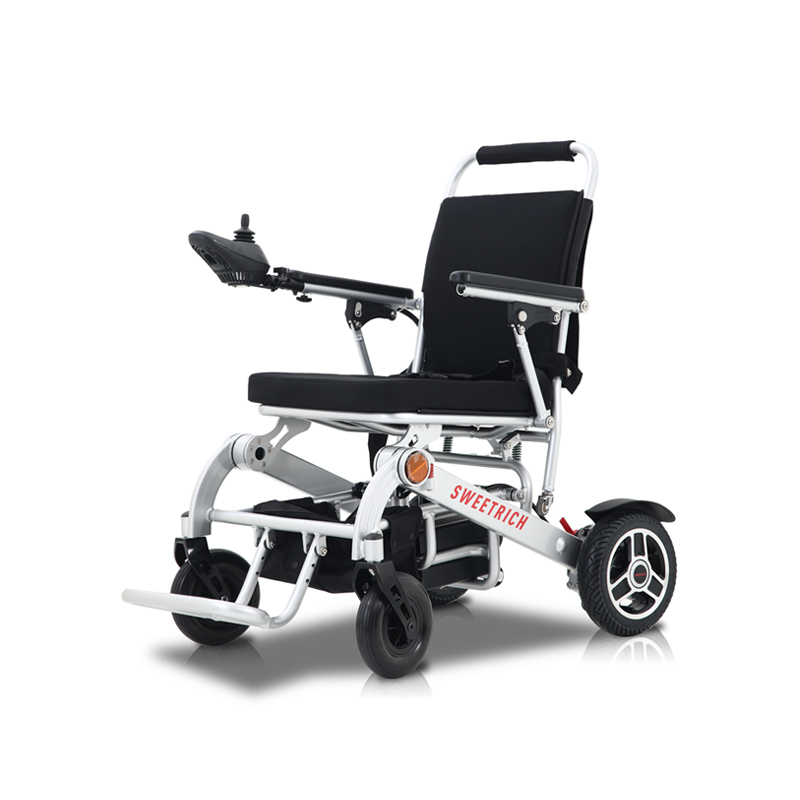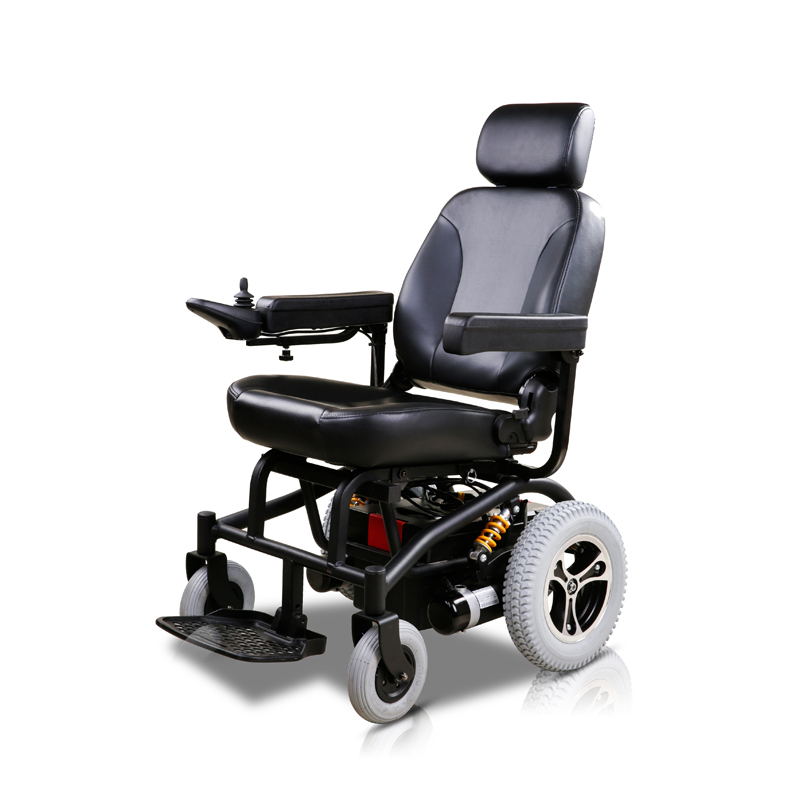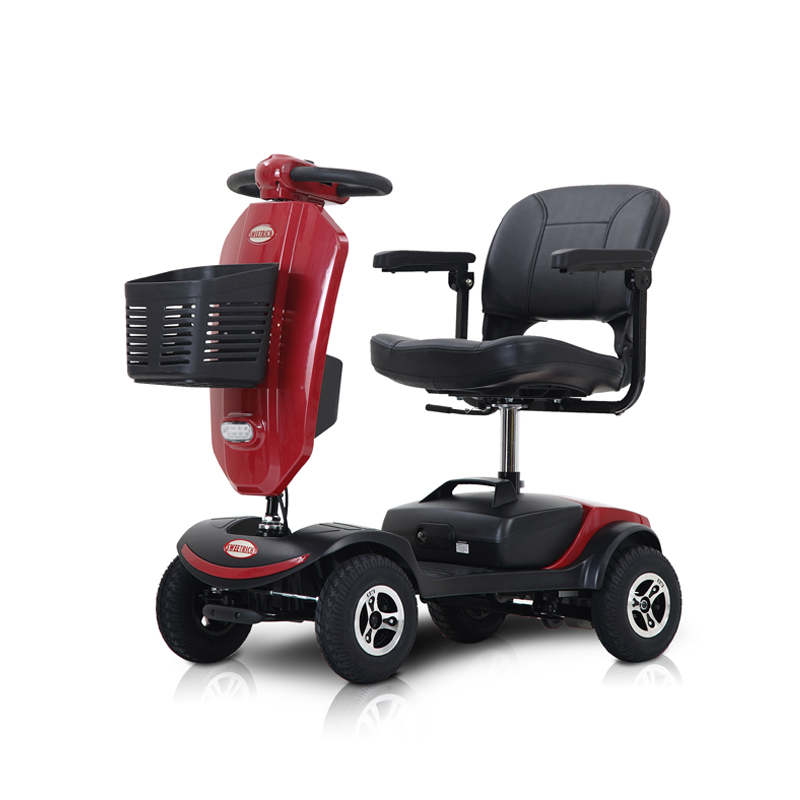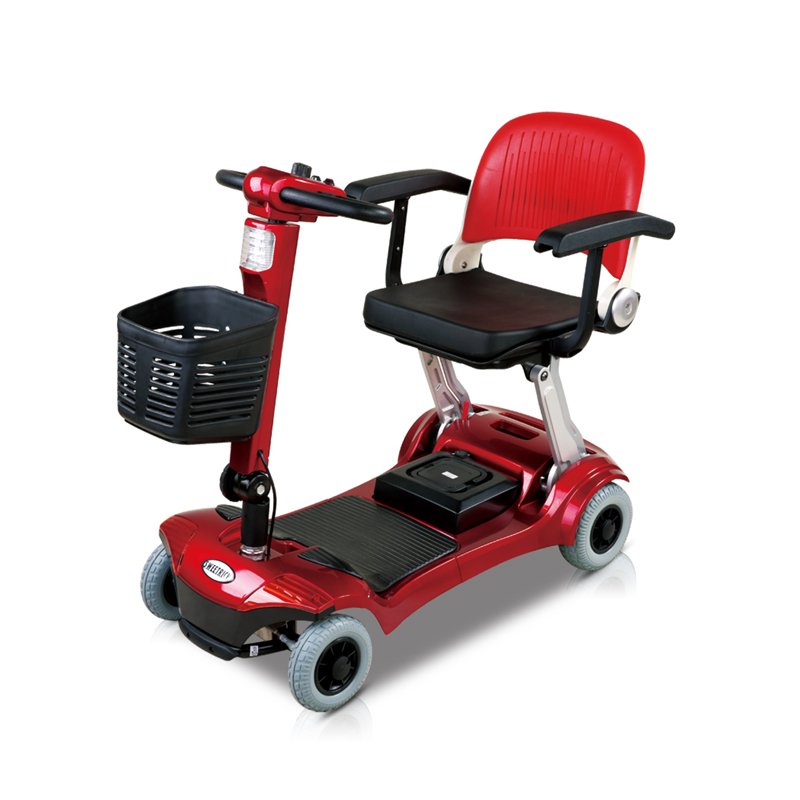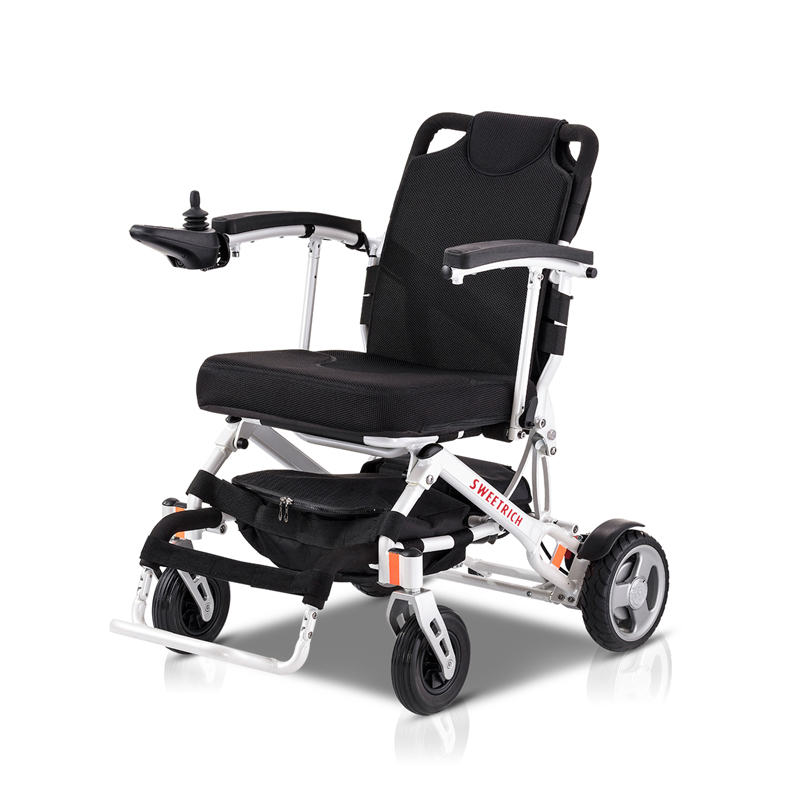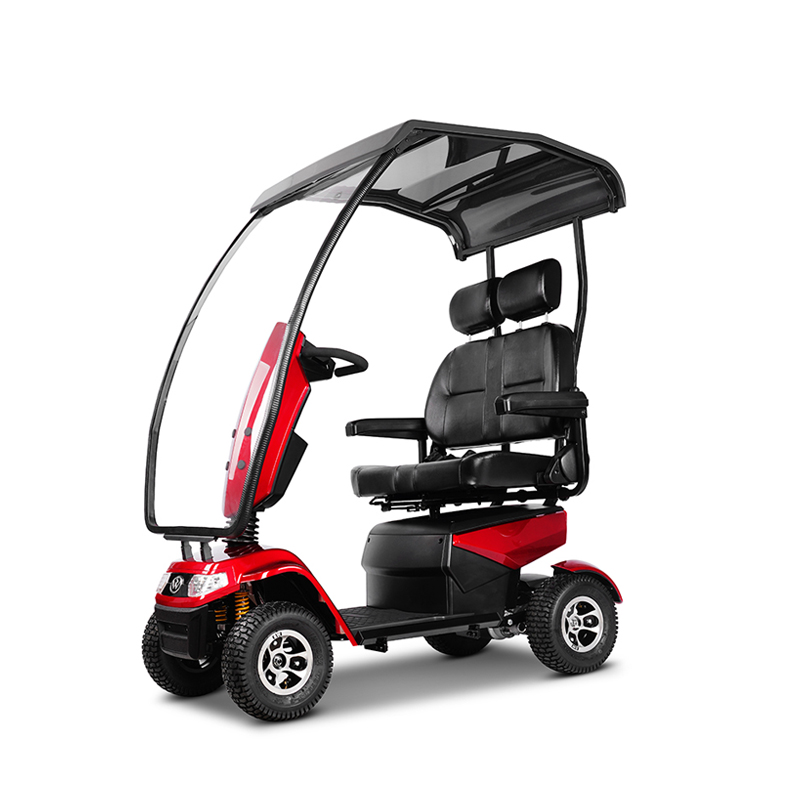Travel smart wheelchairs are typically designed to be lightweight for several reasons:
Portability: Lightweight wheelchairs are easier to transport, whether you're traveling by car, plane, or other means. They can be folded or disassembled more easily and are less cumbersome to handle.
Maneuverability: Lighter wheelchairs are often more maneuverable, which can be especially important when navigating through tight spaces, crowded airports, or other challenging environments while traveling.
Accessibility: Many travel destinations may have limited accessibility or lack proper wheelchair ramps and facilities. A lightweight wheelchair can be easier to push on uneven terrain or over small obstacles.
Air Travel Regulations: Airlines often have weight limits for mobility devices like wheelchairs when they are transported as checked luggage. Lightweight wheelchairs are more likely to meet these weight restrictions.
User Convenience: For individuals who need to self-propel their wheelchairs, a lighter weight makes it less physically taxing to move around, especially during long trips.
It's important to note that lightweight doesn't necessarily mean sacrificing durability or comfort. Many modern travel smart wheelchairs are designed to strike a balance between being lightweight and providing the necessary support and features for users' comfort and safety while on the go.

